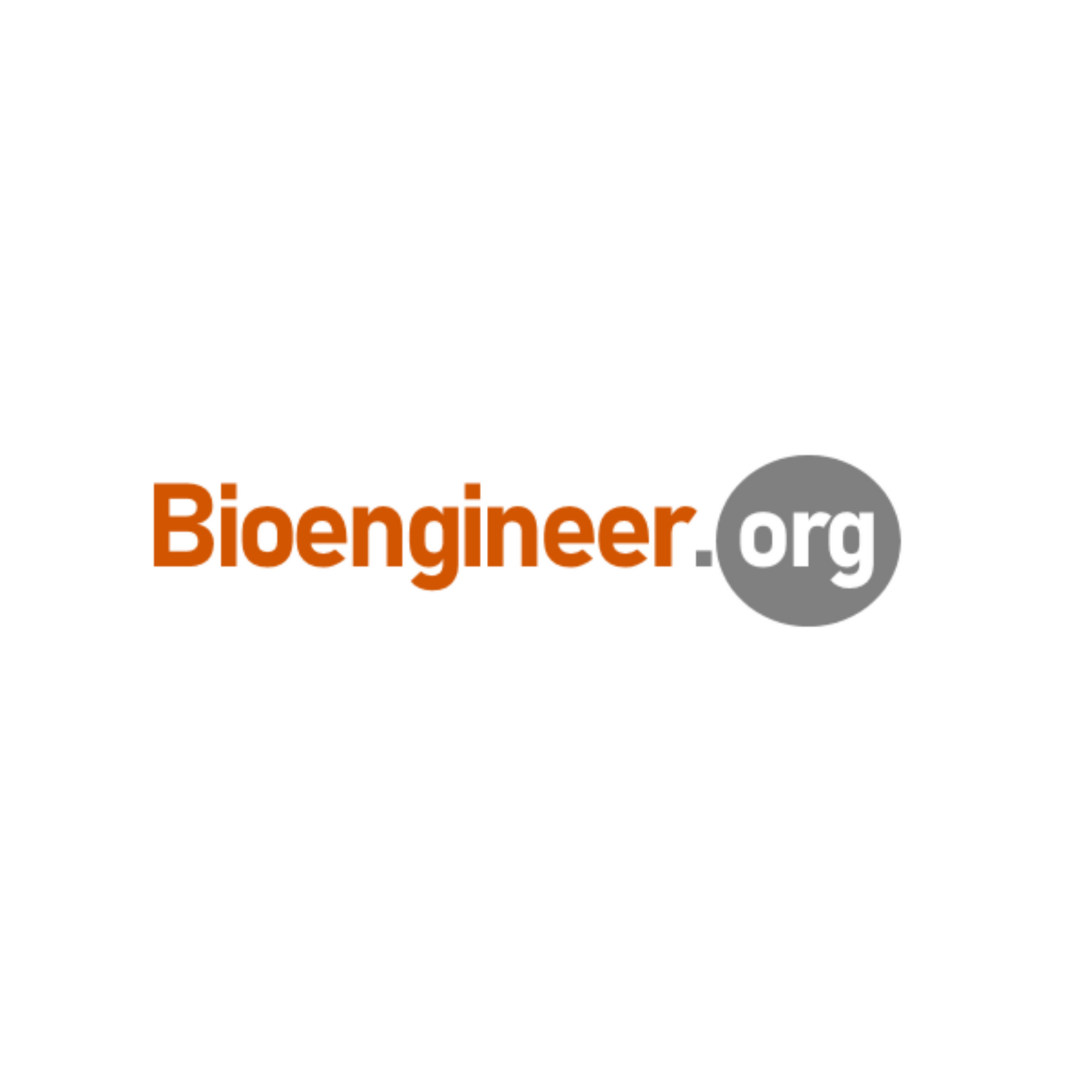The 17th edition of the CIMMYT-organized Catalysts of Change: Women Leaders in Science featured Megan Wilkerson, Chief Scientist at the Department of Energy and Environment (DOEE).
Bram Govaerts, Director General of CIMMYT, introduced Megan as a role model for those who love science—particularly bugs. “We need new role models and to make them visible so that women leaders in science institutions such as ours can see what potential paths are to a self-fulfilling career,” he said.
Career path and role models
From a young age, Megan was inherently curious, and her passion for science was ignited in third grade by a teacher who made the subject engaging and relatable. “Passionate teachers make a tremendous difference in students,” she said. Fast forward to Fort Valley State University, where she earned her Bachelor of Science degree, Megan was inspired by her mentor, Dr. Teresa Shakespeare, a Black scientist. “I was in awe of her confidence, and for the first time, I envisioned myself as a doctoral recipient,” she said.
Her academic journey included a master’s in agricultural sciences from Florida and a Ph.D. in International Agriculture and Development from Penn State University. “For my dissertation, I dedicated two years in Ghana, assisting cocoa farmers who faced significant yield losses due to insect-related diseases. Working closely with these farmers and engaging with young individuals to promote STEM solidified my commitment to a career in science,” she shared.
The challenges – Self-doubt, pressure to fit in
Megan shared that she faced several significant challenges in her career journey—whether it was her struggle with technology, self-doubt, or impostor syndrome, which often left her questioning her worth. “Additionally, I have struggled with procrastination and the habit of comparing myself to others, particularly in a male-dominated field such as agriculture and science,” she said. The pressure to fit a conventional image of a scientist sometimes hindered her authenticity. “I have worked to remind myself of my qualifications and experiences, reinforcing my sense of belonging in this field,” she shared.
The lessons – Validate yourself, make an impact, and have mentors
The first lesson Megan learned on her career path was that validation comes from within, and relying on others’ opinions can leave you vulnerable. “Validation is not an outside job. If you’re tied to other people’s compliments, you’ll be crippled by their criticism,” she said.
Second, to validate yourself, you need to make an impact in your field. Megan strives to be a role model in STEM, demonstrating to future scholars what a fulfilling career can look like. The next lesson was about surrounding yourself with the right people. In her journey, Megan has been fortunate to have a mother who exemplifies unconditional love and support, an executive coach who challenges her to grow and provides essential resources, and the director at her agency who is a prototype of what a leader should be. “All of them have shown me that I can dream bigger—and achieve the impossible.”
Working with young minds
Megan is passionate about mentoring future generations of scholars and ensuring they become responsible stewards of our natural resources. Working with youth helps her make her life more “intentional and impactful.”
She has created a coloring book focused on bugs, aiming to present the subject in an accessible manner for young audiences. The book is available on Amazon. She also visits schools to talk to students about science and diverse careers in STEM. “I love sharing with students where their food comes from, highlighting the importance of insects and the diverse ways they contribute to our ecosystem,” she said.
Megan shared how she finds inspiration in letters written by elementary school students expressing a desire to pursue careers in science after meeting her.
Be more vocal, occupy spaces, delegate
In a follow-up Q&A, Megan urged the audience to be outspoken. “Choosing not to speak up will not only restrict you from opportunities but also lessen the impact you could have on individuals,” she said. Practice communicating in ways you’re comfortable, practice showing up as yourself, and practice affirming yourself as an expert in whatever field you are in—these were among the pieces of advice she shared.
“To occupy spaces such as in science and STEM, stay grounded in your purpose, find the ‘why’ and what you are passionate about, and learn to tune out negative voices,” she said.
Megan stressed the importance of advocacy and action to build impactful careers. “Try to serve in positions where you have decision-making power and learn how to self-advocate so that you can occupy these spaces by joining committees and boards,” she said.
Though the pendulum is slowly changing, Megan noted how she often is still the only Black woman at a conference or on a panel. “I don’t let that discourage me. I not only occupy these spaces but also get visible on social networks,” she noted.
Megan shared that her work-life balance superpowers are delegation, volunteering, taking holidays and therapy as needed, and the ability to say ‘no.’

 Climate adaptation and mitigation
Climate adaptation and mitigation 
